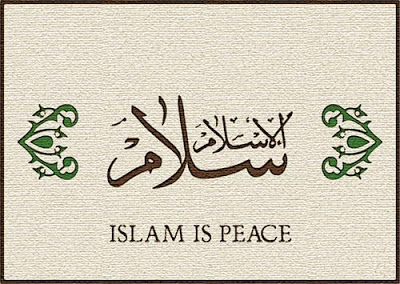Concept Of Morality In Islam
Concept of morality in Islam
Islam has established a number of fundamental rights, which apply to all mankind and are essential to be followed in every kind of situation. To this end, Islam provides not only legal safeguards but also a very effective moral system. Thus, for Islam all that leads to the welfare of the individual or the society is morally good, and whatever is injurious to it is morally wrong.
We read in the Quran: “Piety does not consist in turning your faces towards the East or to the West. But piety is to believe in Allah and the Last Day, the Angels, the Scripture and the prophets. This is to bring – for the love of God – a testimony to his generosity of relatives, orphans, the indigent, the passing stranger, those who crave an emergency, and for the redemption of captives. This is the virtue of those who observe Prayer and Alms, respect the commitments entered into and are patient in adversity and in time of danger: these are the true believers and here those who fear God” (Surah 2,verse 177)
Here we have a beautiful description of the righteous believer who fears God and obeys the wholesome precepts of Islam.
Muslims have received four precepts through holy book of Allah:
- Our faith must be true and sincere.
- We must be prepared to show it by acts of charity towards our neighbor, and not by a “habbit” of piety.
- We must be good citizens and give our support to social organizations.
- Our soul must be firm and unshaken in all circumstances.
Before establishing moral precepts, Islam seeks to firmly implant in the heart of man, the conviction that it is in constant contact with God, Who sees it anytime and anywhere. It can hide from the world, can deceive anyone, flee the clutches of anyone but not God. Thus, by making “what pleases God,” the primary goal of all human life, Islam has set the highest standard of morality that opens the moral evolution of humanity.
Seeing the divine revelation in the first source of all knowledge, Islam gives permanence and stability to the moral principles which, while allowing a reasonable margin for certain adaptations and innovations exclude perversions, the deviations, the promiscuous, atomistic relativism or loosening of the moral life. It provides a sanction to morality in the love and fear of God that encourage the man to obey the moral law without any external pressure.
Through strong belief in God and the Day of Judgment, Islam provides a force that allows everyone to take a moral and honest conduct with all his heart and soul. He does not try to invent, through some false originality or innovation, new moral virtues or to downplay the importance of well-known moral norms. It does not confer undue importance to certain standards while neglecting some other reason. It expands the horizons of individual and collective human life, his domestic life, his civic conduct its activities in the political, educational and social. It covers the whole of its existence of human beings, from their home to life they spend in society, from the table to the battlefield and peace conferences, from the cradle to the grave. In short, no sphere of his life escapes the infinitely vast and universal application of the moral principles of Islam.











